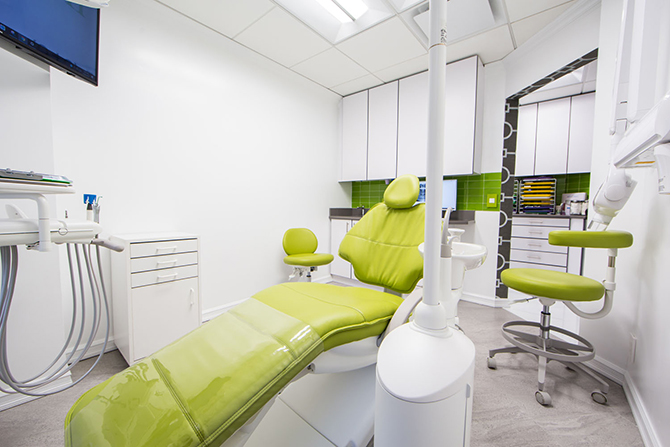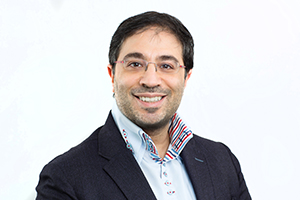TAME BAD BREATH

By Mazen Natour DMD
We’ve all experienced it at one time or another. Halitosis is simply bad breath which can be caused by the food we eat such as garlic, onions, some spices, a bad stomach situation, etc. However, it is only considered chronic when bad breath is a constant, and people around us start to notice.
If you’re anxious about your breath, there are several ways to clear the air. A visit to your dentist/hygienist can determine the cause. Bad breath is the third most common reason to visit a dentist, right after being in pain or having a cavity.
Here are some tips to avoid and stop chronic halitosis:
FLUSH IT OUT
How? With our saliva which provides a continuous natural lubricant for flushing the bacteria that builds up after consuming food and drink. Saliva continually helps our mouths avoid dryness. Dryness leads to bacteria proliferating and sticking to the teeth, hence plaque, tartar, and leading to an unpleasant smell. When for whatever reason this flow of saliva is reduced, it paves the way for chronic halitosis.
Naturally, at night our saliva flow is reduced, which is why if there is debris, we will wake up with chronic morning bad breath. There is also a reduction of saliva that is medication-induced. This is the main reason a significant percentage of seniors who typically take medications have bad breath. Saliva and lubrication help tremendously in preventing the proliferation of the bacteria causing bad breath, but the reason why some have it worse than others brings us to the next point.
REMOVE THE CULPRITS
This can be achieved with home care after every time we eat: brushing and flossing—and in some cases using a tongue scraper. Brushing helps to remove the film of plaque that builds upon and around teeth. Unfortunately, spaces between teeth are tight preventing proper cleaning with a toothbrush.
Hence, the absolute necessity of dental floss which gets to those hard to reach areas and helps remove the food particles and the bacteria. Going back to the tongue scraper: Some of us have what is called a geographic tongue. The name seems scary, but it just means that the tongue is not flat and can have some fissures (cuts in the tongue which is normal). These fissures, unfortunately, allow hiding places for food debris and bacteria and contribute to the chronic bad breath. Mouthwash is a valuable tool.
However, mouthwash will not be as effective in removing embedded bacteria. You need to either brush the tongue or sometimes use the tongue scraper to physically and mechanically clean it. Also, be aware that a lot of mouthwash contains alcohol which can turn into sugar—a superfood for bacteria growth.
A DENTAL CLEANING
There’s nothing like a good professional cleaning at your dentist every six months at the very least, and in a lot of cases for healthy gums, every four months. A routine dentist visit will make sure to leave the oral cavity cleaned from food debris and bacteria, polish the teeth, go over home care techniques, and look for potential problems or causes for complaints. For example, some patients complain that they have food that is constantly being stuck in one area and bothers them. It causes pressure, bad taste and it also bleeds when they finally get home and floss it. When the area is checked, we find that an old filling or crown has chipped creating a small gap with the adjacent tooth leaving room for food debris to get wedged and start causing trouble.
In short, keep brushing and flossing at least twice a day (ideally after each meal). If you have low saliva flow that results in dryness in your mouth try and use some sugar-free drops that can stimulate saliva or some specific mouthwashes (such a Biotene) that helps lubricate and keep your mouth from drying up.
Lastly and most importantly, keep up with your dental visits. The dentist will help keep your teeth healthy and help you maintain fresh breath.
For more information on Dr. Mazen Natour, visit natourdmd.com.

Mazen Natour DMD, is a Manhattan-based Prosthodontist with more than 20 years of experience in implantology, cosmetic and sports dentistry, periodontics, and prosthodontics. He is a Clinical Professor and Director of the Implant Honors Program at New York University College of Dentistry – the world’s first Undergraduate Implant Program at the top-ranked Dental School globally. He is a Diplomat at the International Congress of Oral Implantology (ICOI), a Member of the Academy of Osseo Integration, American Dental Association, New York State Dental Association, and NYU Implant Alumni Association.



